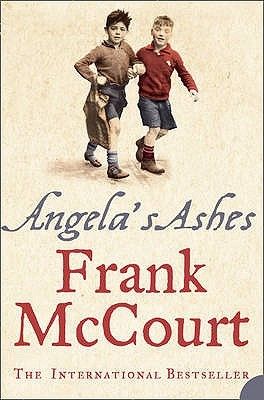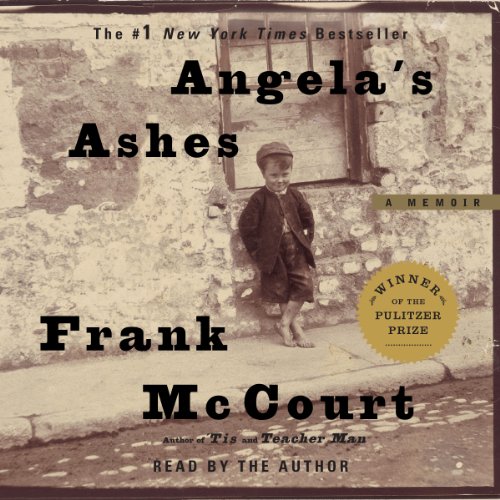Okay, so I was down this rabbit hole last weekend, right? Bored outta my mind, flipping through some random history forums online. Kept seeing this term pop up – “Shanty Irish.” Sounds rough, huh? Like, dirt-poor Irish immigrants scraping by. Curiosity got the better of me. Decided I needed to really dig into what this Shanty Irish thing was all about. Figured maybe it’d pop up somewhere I knew.

The Deep Dive Begins
Started simple. Jumped onto Wikipedia, obviously. Read a few paragraphs about Shanty Irish life in the US during the 1800s – tenements, brutal jobs like digging canals or breaking rocks, just pure survival mode. Felt grim, but kinda familiar? Couldn’t put my finger on why.
Next step: my old buddy Google. Typed in “Shanty Irish famous people.” Mostly got historical figures I didn’t recognize. Scrolled through page after page, getting kinda frustrated. Then bam! Saw a post mentioning Frank McCourt, the guy who wrote Angela’s Ashes. Wait a second – that name! McCourt… Limerick… Ireland… poor as hell. My brain started ticking over.
Grabbed my dusty copy of Angela’s Ashes off the shelf. Didn’t even need to read the whole thing again. Just flipped to the parts where Frank McCourt describes his childhood in Limerick: soaking wet basement place, near starvation, his useless drunk dad, the whole desperate scramble. It hit me hard – what he was describing wasn’t just Irish poverty. It was textbook Shanty Irish poverty, the kind that followed people back across the ocean to Ireland itself, passed down like a curse.
Connecting the Dots
Saw how McCourt basically laid out exactly what “Shanty Irish” meant through his own brutal life story:
- The crushing poverty: Constant hunger, threadbare clothes, begging for scraps. Pure survival.
- The alcoholism: His father Malachy spending the dole money on pints instead of food. A classic cycle in those communities.
- The shame & struggle: That suffocating feeling of being stuck at the bottom, judged, powerless – McCourt wrote about this constantly.
The book isn’t just a memoir; it’s a raw, firsthand account of being Shanty Irish a generation or two after the mass emigration. The misery didn’t vanish once they left the New York slums; it shaped families for decades.

The Lightbulb Moment
Sitting back with the book in my lap, it clicked completely. That nagging familiarity I felt reading about Shanty Irish? It was because Frank McCourt made me feel it years ago when I first read Angela’s Ashes. The connection isn’t just historical trivia; it’s right there in the story’s bones. McCourt lived that Shanty Irish existence. His whole family history, bouncing between Ireland and New York, soaked in that deprivation. The term “Shanty Irish” isn’t some academic label; it’s the brutal reality he described page after heartbreaking page. Suddenly, all those history forum snippets made visceral sense through his storytelling. Heavy stuff. Makes you appreciate what folks endured.
